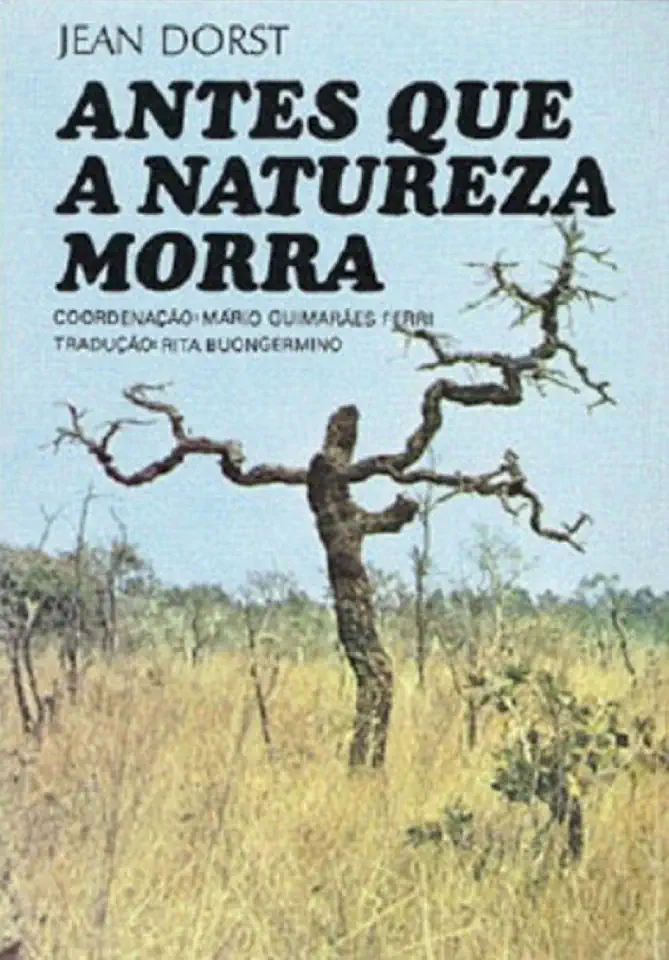
Before Nature Dies - Jean Dorst
Before Nature Dies: A Personal Account of the Loss of Biodiversity
A Call to Action
In his powerful and moving book, Before Nature Dies, Jean Dorst, one of the world's foremost conservationists, sounds a clarion call to action to protect the planet's biodiversity. Dorst, who has spent a lifetime studying and working to protect wildlife, offers a firsthand account of the devastating impact that human activities are having on the natural world. He paints a vivid picture of the alarming rate at which species are disappearing, and the dire consequences that this will have for the planet and for humanity.
The Causes of Biodiversity Loss
Dorst identifies a number of factors that are contributing to the loss of biodiversity, including:
- Habitat destruction: The clearing of forests, wetlands, and other natural habitats for development, agriculture, and other human activities is one of the leading causes of biodiversity loss.
- Pollution: The release of toxic chemicals into the environment, including air, water, and soil, can have a devastating impact on wildlife.
- Climate change: The rising global temperatures and changing weather patterns are disrupting ecosystems and making it difficult for many species to survive.
- Overexploitation: The hunting, fishing, and collection of wildlife for food, medicine, and other purposes is also contributing to the decline of many species.
The Consequences of Biodiversity Loss
The loss of biodiversity is having a number of serious consequences for the planet and for humanity, including:
- Loss of ecosystem services: Biodiversity provides a number of essential services to humanity, such as regulating the climate, purifying water, and providing food and shelter. The loss of biodiversity is disrupting these services and making the planet less habitable for humans.
- Increased risk of disease: The loss of biodiversity can also increase the risk of disease outbreaks, as it can disrupt the natural balance of ecosystems and allow harmful bacteria and viruses to spread more easily.
- Loss of cultural heritage: Biodiversity is also an important part of human culture and heritage. The loss of biodiversity can lead to the loss of traditional knowledge and practices, and can also make it more difficult for people to connect with nature.
A Call to Action
Dorst concludes his book with a call to action, urging individuals, governments, and businesses to take steps to protect biodiversity. He offers a number of specific recommendations, including:
- Protecting and restoring natural habitats: Protecting and restoring natural habitats is essential for conserving biodiversity. This can be done by creating protected areas, reducing deforestation, and promoting sustainable land use practices.
- Reducing pollution: Reducing pollution is also essential for protecting biodiversity. This can be done by reducing the use of toxic chemicals, improving waste management practices, and promoting renewable energy sources.
- Addressing climate change: Addressing climate change is also critical for protecting biodiversity. This can be done by reducing greenhouse gas emissions, investing in renewable energy, and adapting to the impacts of climate change.
- Promoting sustainable consumption: Promoting sustainable consumption is also important for protecting biodiversity. This can be done by reducing our consumption of resources, choosing products that are made from sustainable materials, and supporting businesses that are committed to sustainability.
Conclusion
Before Nature Dies is a powerful and moving book that offers a firsthand account of the devastating impact that human activities are having on the planet's biodiversity. Dorst's call to action is clear: we must take immediate steps to protect biodiversity, or we will face dire consequences.
Enjoyed the summary? Discover all the details and take your reading to the next level — [click here to view the book on Amazon!]